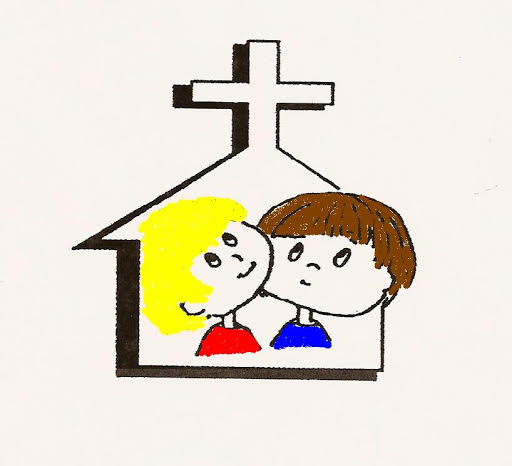
Our Classroom
Environment
Learning Centers
Preschool children learn best through play and hands-on experiences. St. Paul Preschool provides learning centers designed to contribute to this type of learning. The classroom environment has a variety of open-ended learning centers, which include:
Dramatic play (varies—housekeeping, Dr. office, grocery store, puppets, dress up clothing, etc.)
Manipulatives (puzzles, Lego, felt board, games, push toys)
Creation station (painting, drawing, coloring, crafts, art work)
Science/math/nature (magnifying glasses/magnets/counting objects/cooking)
Sensory (play dough, water, corn or sand table, bubbles)
Cognitive (learning games and activities)
Reading zone—library and story reading
Blocks—unit blocks
Listening (audio tapes, music)
Each student uses these centers at his/her own level, gaining enjoyment and success from the
learning experiences. To contribute to the learning center's effectiveness, the staff will serve as
a guide to encourage individual students to use materials in such a way as to further their
development.
Outdoor Classroom
Our mission at the Preschool is to assist children to discover God’s wonders. A perfect setting for children to explore His wonders is through nature. The Outdoor Classroom is divided into several areas: a place to gather, dirt/sand exploration, nature art, building, messy materials, dramatic play stage, climbing, action area, science area, gardening, bike and butterfly area. Not only do children learn of God’s wonders, but research has found that the natural world is important for children’s overall development.
“Early experiences with the natural world have been positively linked to the sense of wonder. This way of knowing, if recognized and honored, can serve as a life-long source of joy and enrichment, as well as an impetus or motivation, for further learning.”
- Ruth A Wilson, author of The Wonders of Nature: Honoring Children’s Ways of Knowing









